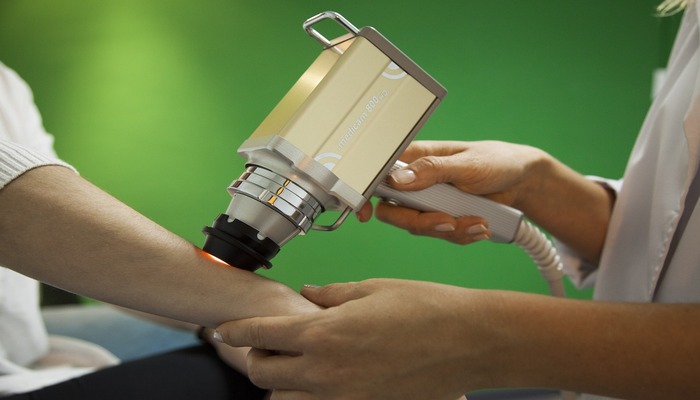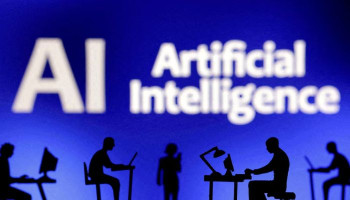
Scientists have developed an AI-powered laser camera capable of remotely reading the heartbeat of a person and detecting symptoms of cardiovascular diseases.
The system, utilising AI and quantum technologies, could transform the way we monitor our health, said researchers at Glasgow University.
“This technology could be set up in booths in shopping malls where people could get a quick heartbeat reading that could then be added to their online medical records,” said Professor Daniele Faccio of the university’s Advanced Research Centre.
Read more: Tech giant Nvidia delays launch of new China-focused AI chip
“Alternatively laser heart monitors could be installed in a person’s house as part of a system for monitoring different health parameters in a domestic setting,” he said.
He explained that keeping track of someone's heartbeat from far away would be very useful. This is because any irregularities, like unusual sounds or a heartbeat which is too fast or slow, could indicate that the person is at risk of having a stroke or a heart attack, The Guardian cited sources.
“It requires training to use a stethoscope properly,” Faccio said. “If pressed too hard on a patient’s chest, it will dampen heartbeat signals. At the same time, it can be difficult to detect background murmurs, which provide key signs of defects, that are going on behind the main heartbeat.”
Faccio and his team created a system using high-speed cameras capturing images at 2,000 frames per second. It involves shining a laser on a person's throat, using reflections to measure the slight movements of their skin as the main artery expands and contracts with blood flow.
These tiny changes, in the billionths of a meter range, are remarkable. However, detecting just these tiny fluctuations isn't sufficient for monitoring a heartbeat. Larger movements from chest activities, like breathing, could overshadow the signals from the heartbeat.
“That is where AI comes in,” Faccio said. “We use advanced computing systems to filter out everything except the vibrations caused by a person’s heartbeat – even though it is a much weaker signal than the other noises emanating from their chest. We know the frequency range of the human heartbeat, and the AI focuses on that.”
“This system is very accurate,” said Faccio. “Even if you share a house with 10 people, it could pinpoint you from anyone else just by shining a laser on your throat and analysing your heartbeat from its reflection. Indeed one other use of the system is for biometric identification."
















